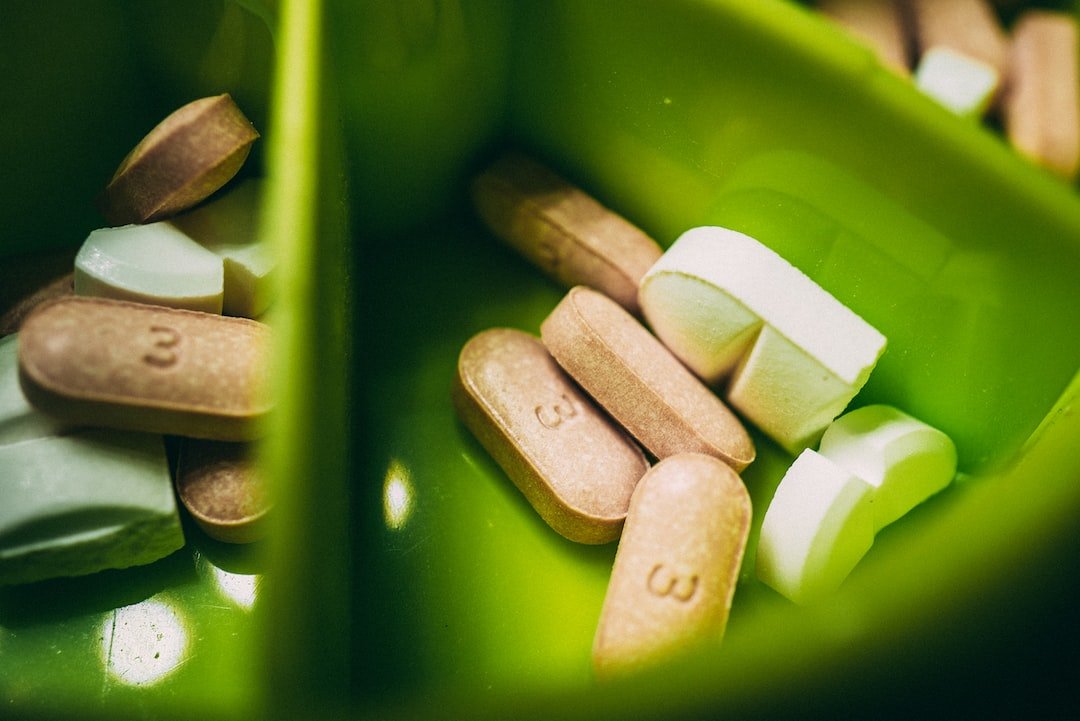Home Organ Transplantation Surgery Organ Transplantation Complications Organ Transplantation Success Rate Organ Transplantation Rejection
Nourishing Your Organs for Optimal Health and Well-being
Category : Organ health | Sub Category : Organ health and nutrition Posted on 2023-07-07 21:24:53

Nourishing Your Organs for Optimal Health and Well-being
Introduction:
Our organs are the heroes of our bodies, working hard to keep us alive. It is important that we give them the nutrition they need to function at their best. In this article, we will explore the importance of organ health and nutrition, and discover some simple yet effective strategies to nourish our organs and promote overall well-being.
1 The importance of organs.
Maintaining optimal health is dependent on the well-being of every organ in our body. Each organ requires specific care and needs to function properly. Poor organ health can lead to diseases and health problems.
2 Organ health has essential vitamins.
Some essential vitamins benefit multiple organs. A few key vitamins play a crucial role in maintaining organ health.
A) Enhancing:
Fruits and vegetables are rich in the anti-oxidants that help protect organs from free radical damage, which can lead to chronic diseases like heart disease, cancer, and Alzheimer's.
Omega 3 Fatty Acids are found in Omega 3 oils.
Omega 3 fatty acids are found in fish, walnuts, and flaxseeds and can be used to promote brain and eye health.
Fiber:
Adequate fiber intake is important for maintaining a healthy bicyle and preventing conditions such as diverticulosis. Including fruits, vegetables, and grains in your diet will increase your fiber intake.
Calcium and D are important for your health.
These are essential for bone health and play a role in muscle function. Exposure to sunlight and dairy products are good sources of calcium and vitamins D and E.
3 Organ health is dependent on hydration.
Proper organ function can be achieved by staying hydrated. Water helps the body flush out toxins, maintain body temperature, and support vital organs. Aim to drink at least 8 cups of water throughout the day, and consider hydrating with foods like watermelon, cucumbers, and citrus fruits.
4 Substances that are harmful to you should be avoided.
It is important to reduce the intake of substances that can harm the organ. Limit your consumption of processed foods, sugar sweetened beverages, and excessive alcohol as they can contribute to organ damage and increase the risk of conditions like heart disease, and obesity.
5 Regular exercise is done.
Regular physical activity supports organ health. Exercise helps improve blood circulation, strengthens the heart, and promotes efficient oxygen delivery to all organs. At least 150 minutes of moderate-intensity exercise per week is what you should aim for.
Conclusion
Maintaining overall health and well-being requires taking care of our organs. By adopting a diet rich in vitamins and minerals, we can support our organs and help them function at their best. A healthy lifestyle is good for the body and good for the mind. Make small changes today to reap the benefits in the long run.
Leave a Comment:
SEARCH
Recent News
- Zurich, Switzerland has long been known for its exceptional quality of life, beautiful surroundings, and high standard of healthcare. In contrast, the Russian healthcare system has faced various challenges and struggles over the years. Let's delve into the differences between the healthcare systems in Zurich, Switzerland, and Russia.
- Navigating Medical Device Regulations in Zurich, Switzerland
- In the bustling city of Zurich, Switzerland, finding healthy fast food options can be a challenge. However, with a little exploration and curiosity, you can discover some fantastic spots that offer nutritious and delicious meals on the go.
- YouTube Content Creation: Exploring the Russian Healthcare System
- In today's digital age, YouTube has become a powerful platform for content creators to share their knowledge and expertise with a global audience. One particular niche that has been gaining traction on YouTube is the creation and translation of content related to medical devices regulation.
- Are you looking for tips on creating YouTube content about healthy fast food options and the importance of translation in reaching a wider audience? Let's dive into how you can combine these two aspects to create engaging and informative videos for your channel.
- Exploring the Russian Healthcare System: Insights from a YouTube Channel
- Navigating the Regulatory Landscape for Medical Devices on YouTube
READ MORE
3 months ago Category : organb

Zurich, Switzerland has long been known for its exceptional quality of life, beautiful surroundings, and high standard of healthcare. In contrast, the Russian healthcare system has faced various challenges and struggles over the years. Let's delve into the differences between the healthcare systems in Zurich, Switzerland, and Russia.
Read More →3 months ago Category : organb

Navigating Medical Device Regulations in Zurich, Switzerland
Read More →3 months ago Category : organb

In the bustling city of Zurich, Switzerland, finding healthy fast food options can be a challenge. However, with a little exploration and curiosity, you can discover some fantastic spots that offer nutritious and delicious meals on the go.
Read More →3 months ago Category : organb
